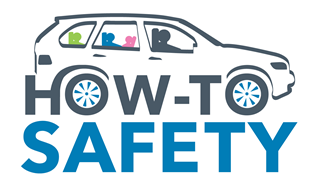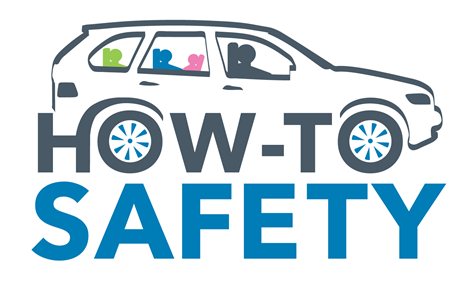How To Safety completes training course on “Safe Travels for All Children: Transporting Children with Special Health Care Needs”, a curriculum developed by National Center for the Safe Transportation of Children with Special Healthcare Needs and the Automotive Safety Program at Indiana University School of Medicine.
Specialized or adaptive child passenger safety seats or restraints are designed specifically for children with special health care needs, and may be required when the use of conventional child passenger safety restraints are not possible or contraindicated.
The specialized training was provided by CHKD Health Center in Virginia Beach, VA. CHKD is a facility for pediatric care in southeastern Virginia and northeastern North Carolina for children that need hospitalization, ongoing care for a chronic illness, outpatient surgery or primary care. For information about CHKD car seat safety programs, visit http://www.chkd.org/Our-Services/Rehabilitative-Services-and-Therapy/Car-Seat-Loner-Program/.
Child Passenger Safety Technicians work in a team approach with the child, caregivers, occupational and physical therapists, pediatricians, schools and nurses to resolve transportation needs, provide current information, and assist in proper use and installation. How-To-Safety can provide guidance on transporting children with special needs in the family vehicle, on school buses, public transportation and in other vehicles.
The following medical conditions and procedures may require special consideration during travel: Achondroplasia, Angelman’s Syndrome, Apnea, Autism Spectrum Disorder, Behavioral Challenges, Casts, Cerebral Palsy, Conjoined Twins, Developmental Delays, Developmental Dysplasia of the Hip, Down Syndrome, Feeding Tubes, Fragile X Syndrome, Gastroesophageal Reflux, Halo Traction, Hydrocephalus, Hypotonia, Kyphosis, Low Birth Weight and Infants Born Prematurely, Myelomeningocele or Spina Bifida, Obesity, Omphalocele, Osteogenesis Imperfecta, Pierre Robin Sequence, Rett Syndrome, Scoliosis, Seizure Disorders, Spinal Muscular Atrophy, and Tracheostomy.
For more information about car seat safety and safe travel for children with special healthcare needs, contact How-To-SAFETY via Contact@HowToSafety.com

